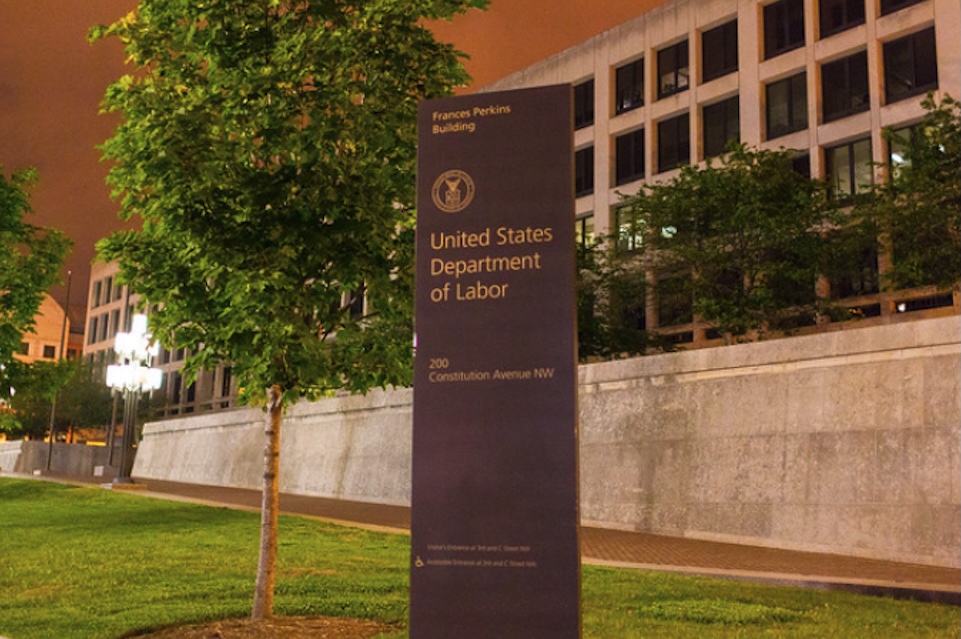Reform, fairness, and what we can bring to the conversation.
PRAY FIRST for creative, balanced solutions and for God to grant wisdom for reforms that honor both financial responsibility and care for the vulnerable.
Commit your work to the Lord, and your plans will be established. Proverbs 16:3
In Part 1, “Social Security at the Crossroads” (Read here), we explored the origins of Social Security, how it evolved into the cornerstone of America’s social safety net, and the growing pressures threatening its future. We examined the demographic shifts, economic challenges, and policy debates that have brought this vital program to a critical juncture.
So, if Social Security touches nearly every American family, how should we weigh the balance between financial sustainability and moral responsibility? Debates about Social Security often start with numbers, but behind the spreadsheets are real people—workers planning retirement, families relying on disability benefits, and future generations wondering what will remain for them. With funds projected to face shortfalls by 2035, the urgency to reform the program is rising.
The Menu of Reform Options
Lawmakers have proposed a wide range of policy adjustments. Some promote raising the retirement age, pointing to longer life expectancy as justification. Others suggest lifting the payroll tax cap, which would subject higher earnings to Social Security contributions and generate significant new revenue.
Still others suggest recalibrating benefits by slowing cost-of-living adjustments. While this would ease financial pressure on the trust funds, it risks reducing retirees’ purchasing power, especially during inflationary periods. Currently, the most controversial proposals involve partial privatization—allowing workers to invest part of their payroll taxes in private accounts. Advocates highlight the potential for higher returns; critics warn of market volatility undermining the guarantee of stable benefits.
Reform Implications
At the center of many debates is the question of fairness. Women, people of color, and low-income workers are more reliant on Social Security as their primary income in retirement. Due to lower lifetime earnings, they are more likely to take on the burden of raising children, have interrupted work histories, or face other barriers, and they may face heightened risks if benefits are reduced.
The disability program, which provides income to those unable to work, also highlights these concerns. Applications often involve long waiting periods and complicated eligibility standards. For many families, delays can mean months of instability. Any future reform must balance fiscal sustainability with compassion for those least able to absorb cuts.
The U.S. is not alone in grappling with these questions. Sweden has adopted a system that ties benefits more directly to lifetime contributions but also includes automatic stabilizers that adjust payouts when the economy falters. Canada blends a universal pension with supplemental earnings-based benefits, offering both predictability and flexibility.
While no system is perfect, these international examples underscore a lesson: sustainability often requires a mix of shared sacrifice and policy creativity. The U.S. can learn from both its innovations and its mistakes.
Younger Americans often doubt Social Security will exist when they retire. Polling suggests Millennials and Gen Z view the program with skepticism, even as they continue paying into it. Meanwhile, older Americans overwhelmingly support preserving it, seeing it as essential to their financial stability.
Bridging these generational divides will be crucial. If younger workers lose faith in Social Security, the program risks eroding legitimacy. Restoring trust may require transparent communication, clear long-term planning, and visible reforms.
Public input will matter as reforms move forward. Social Security has always been more than a technical policy. It is a social contract. Citizens have a stake in shaping its future, and participatory debate can help ensure reforms reflect shared values rather than short-term political calculations.
Why It Matters and How We Can Respond
Social Security discussions offer more than a civic duty. They are an opportunity to embody love of neighbor. Proverbs reminds us, “Whoever oppresses a poor man insults his Maker, but he who is generous to the needy honors him” (Prov. 14:31). Caring about the stability of retirement income is one way to reflect God’s concern for the vulnerable.
It also challenges us to practice patience in how we respond when others spread misinformation or cynicism about Social Security. Paul’s reminder to Timothy still speaks today: “And the Lord’s servant must not be quarrelsome but kind to everyone, able to teach, patiently enduring evil, correcting his opponents with gentleness” (2 Tim. 2:24–25).
Ultimately, we can contribute a voice that balances truth with compassion—urging leaders to adopt reforms that are financially sound yet attentive to the people most at risk.
HOW THEN SHOULD WE PRAY:
— Pray for the dignity and provision for the elderly and vulnerable. Do not cast me off in the time of old age; forsake me not when my strength is spent. Psalm 71:9
— Pray for conversations about Social Security and its reform to be marked by truth rather than fear. Therefore, having put away falsehood, let each one of you speak the truth with his neighbor, for we are members one of another. Ephesians 4:25
CONSIDER THESE ITEMS FOR PRAYER:
- Pray that Social Security’s funds would be managed wisely for present and future needs.
- Pray for good governance to sustain the system and its beneficiaries during times of recession or crisis.
- Pray for policymakers to set aside pride and partisanship to focus on the common good.
Sources: Congressional Budget Office, Social Security Administration, Organization for Economic Co-operation and Development, National Academy of Social Insurance, Pew Research Center, Social Security Administration









